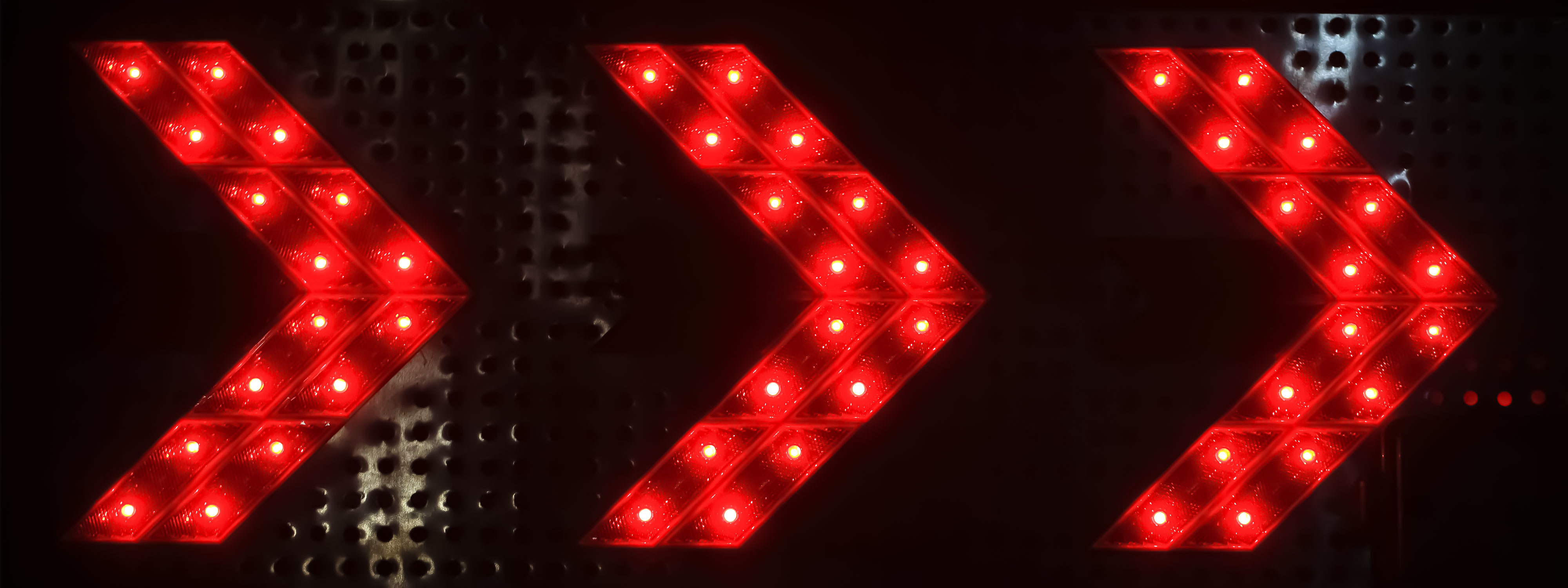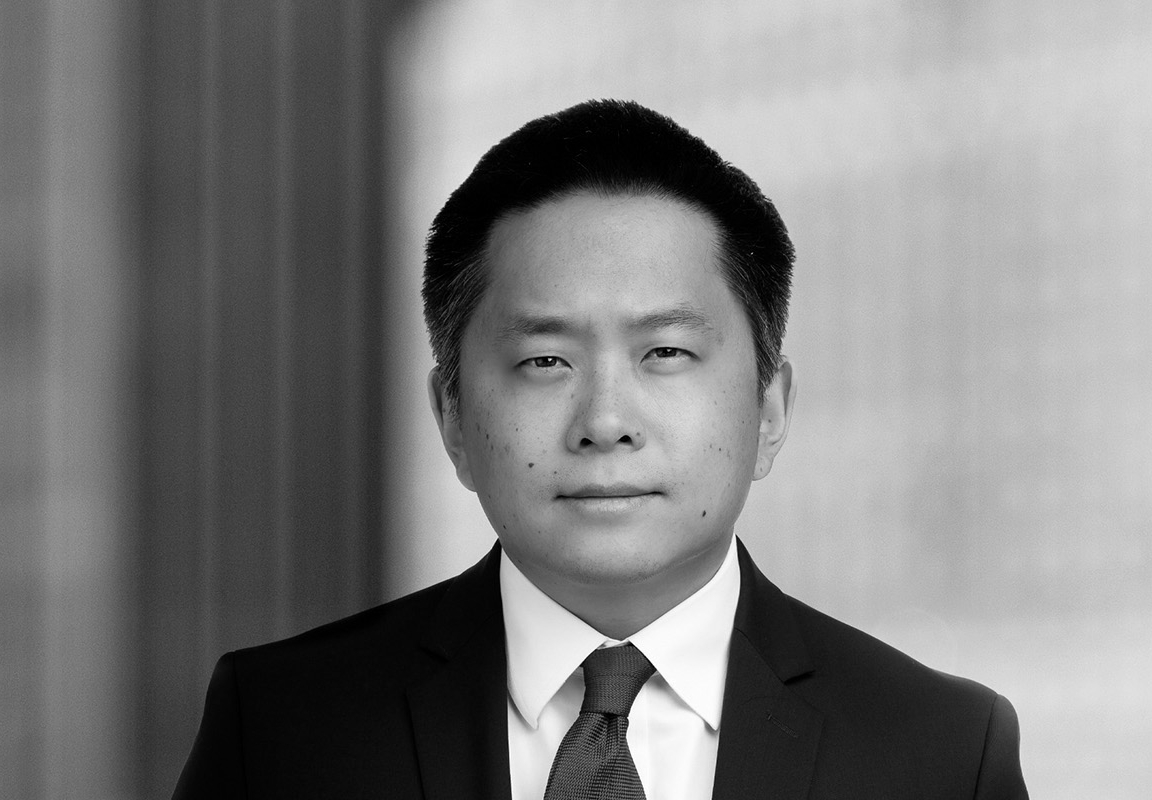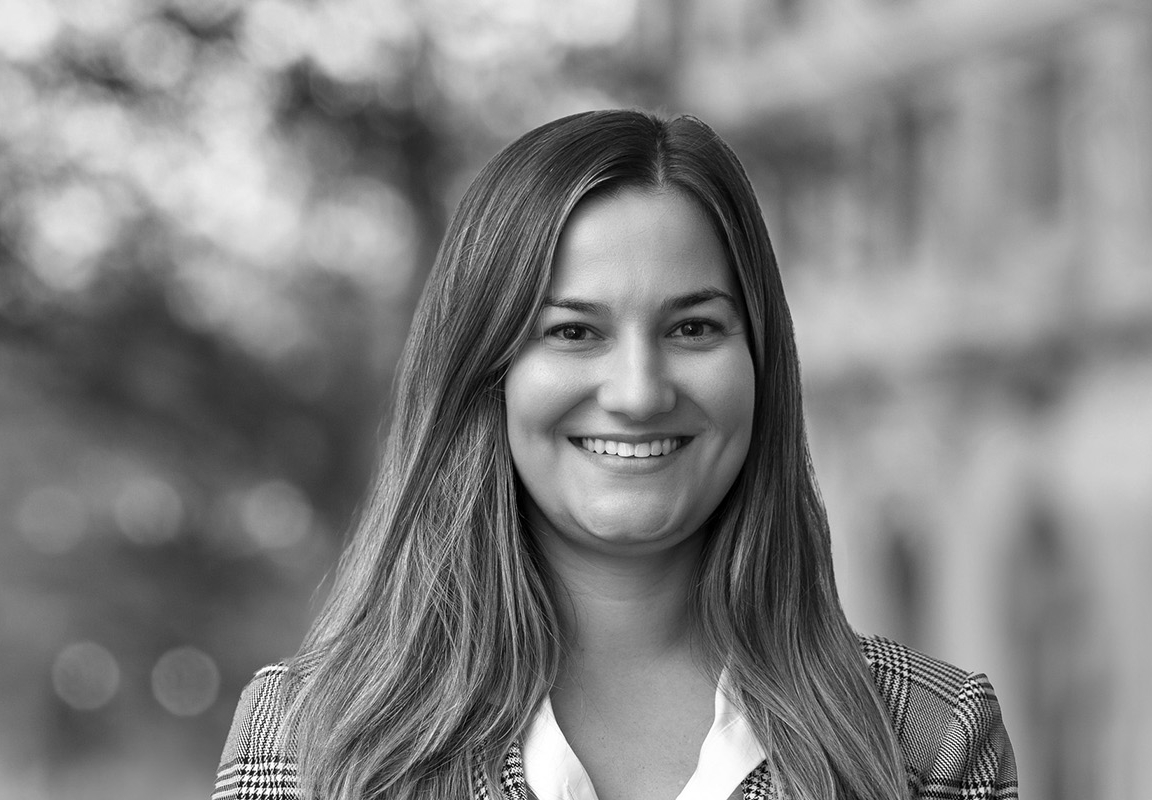
Federal Circuit says where expert evidence is insufficient, patent damages can be nominal
5 min read
On October 2, 2025, in Rex Medical, LP v. Intuitive Surgical, Inc., Nos. 2024-1072, 2024-1125, the U.S. Court of Appeals for the Federal Circuit affirmed a district court's preclusion of Rex's patent damages expert from testifying about a specific license agreement for failure to apportion, and affirmed the district court's reduction of a damages verdict from $10M to $1 in nominal damages for Intuitive's infringement. This decision provides another example of the need for damages apportionment in patent cases.
District of Delaware rejects jury's damages award of $10M for lack of evidence
Rex and Intuitive are both in the business of making and selling medical technology.1 In 2019, Rex sued Intuitive for infringement of US Patent Nos. 9,439,650 and 10,136,892, which are both directed to systems for stapling tissue during surgery.2 The parties stipulated to dismiss the '892 Patent following a petition for inter partes review.3
Rex's claim for infringement of the '650 Patent proceeded to trial, and days before the trial started, the District of Delaware partially granted Intuitive's motion to preclude certain expert testimony of Mr. Douglas Kidder, Rex's damages expert.4 Mr. Kidder opined that a hypothetical negotiation between Rex and Intuitive for a license of the '650 Patent would have resulted in a lump sum payment of $20 million.5 Mr. Kidder based his opinion on a settlement agreement between Rex and a third party, Covidien, wherein Covidien agreed to pay $10M for a license agreement that covered Rex's portfolio of surgical stapling patents, including the '650 and '892 Patents, seven other US patents, seven US patent applications, and nineteen foreign patents or applications.6 The trial court reasoned that Mr. Kidder did not adequately address how the other patents contributed to the $10M Covidien license, so his methods were unreliable.7
At trial, the jury did not hear from either party's damages expert.8 The jury found that Intuitive infringed the '650 Patent and awarded Rex $10M in damages.9 Following trial, the District of Delaware granted Intuitive's renewed motion for judgment as a matter of law in part, agreeing with Intuitive that Rex failed to prove its damages and reducing the damages award to nominal damages of $1—effectively JMOL of no damages.10
Federal Circuit agrees with the district court
Rex appealed the district court's exclusion of Mr. Kidder's testimony and the reduction of damages, but to no avail.11
The Federal Circuit held that the district court did not abuse its discretion in excluding Mr. Kidder's testimony that relied on the Covidien license.12 Quoting Jiaxing Super Lighting Elec. Appliance Co. v. CH Lighting Tech. Co., 148 F.4th 1098, 1112 (Fed. Cir. 2025), the Federal Circuit stated that "[p]atent licenses often license whole portfolios and 'expert testimony should be excluded when it fails to allocate license fees among the licensed patents covered by an agreement.'"13 The Federal Circuit, in affirming the district court, reasoned that Mr. Kidder failed to allocate the Covidien lump sum between the asserted patents and the other patents and applications in the license.14 The Federal Circuit particularly faulted the single paragraph in Mr. Kidder's report on apportionment, where he opined without support that "most, if not all, of the value" corresponded to the '650 and '892 Patents.15
The Federal Circuit also affirmed the JMOL of no damages.16 The Federal Circuit held that "the jury received insufficient evidence from which it could apportion the lump sum payment in the Covidien license or otherwise reasonably infer a reasonable royalty award for infringement of the '650 patent alone."17 Quoting Devex Corp. v. Gen Motors Corp., 667 F.2d 347, 363 (3d Cir. 1981), the Federal Circuit stated that "'there must at least be enough evidence in the record to allow the factfinder to formulate a royalty.'"18 Rex pointed to lay trial testimony on the Covidien license, but the Federal Circuit reiterated that there was no apportionment testimony.19 The Federal Circuit observed that Rex did not present any testimony "discussing the relationship or differences between the '650 and '892 patents."20 Rex's lay witness testified to factors that Rex considered in licensing to Covidien, such as Covidien being cooperative and settling early in the litigation process, but the jury did not hear testimony on how those factors could be used "to apportion the value of the '650 patent."21 The Federal Circuit ultimately concluded that there was not enough evidence "from which a jury could reasonably determine damages for infringement of the '650 patent without speculation."22
The Court also addressed a cross-appeal from Intuitive regarding infringement and written description and affirmed the judgment.
Key takeaways
- Damages experts and apportionment: This case provides yet another example of the need for damages experts to apportion with substantive analysis, not just conclusions. When relying on other licenses for the patent to support a damages theory, and those licenses involve unasserted patents, the damages expert must include apportionment opinions that are supported by facts tethered to the case and not merely general observations.
- No damages without evidence: While the Federal Circuit's opinion does not go so far as to require expert testimony on damages, there must be evidence in the record on which a jury could rely to apportion value for the patent at issue. The Court also further confirmed that a patentee is not entitled to damages absent sufficient proof, even though 35 U.S.C. § 284 provides "in no event less than a reasonable royalty."
1 Rex Medical, LP v. Intuitive Surgical, Inc., Nos. 2024-1072, 2024-1125 (Fed. Cir. Oct. 2, 2025), slip op. at 2.
2 Id.
3 Id. at 3.
4 Id. at 7.
5 Id. at 6.
6 Id. at 6-7.
7 Id. at 7.
8 Id.
9 Id.
10 Id. at 7-8.
11 Id. at 8-18.
12 Id. at 10.
13 Id. at 9.
14 Id. at 11.
15 Id. at 10-11.
16 Id. at 17.
17 Id. at 13.
18 Id. at 14.
19 Id.
20 Id. at 15.
21 Id. at 15.
22 Id. at 17.
White & Case means the international legal practice comprising White & Case LLP, a New York State registered limited liability partnership, White & Case LLP, a limited liability partnership incorporated under English law and all other affiliated partnerships, companies and entities.
This article is prepared for the general information of interested persons. It is not, and does not attempt to be, comprehensive in nature. Due to the general nature of its content, it should not be regarded as legal advice.
© 2025 White & Case LLP



